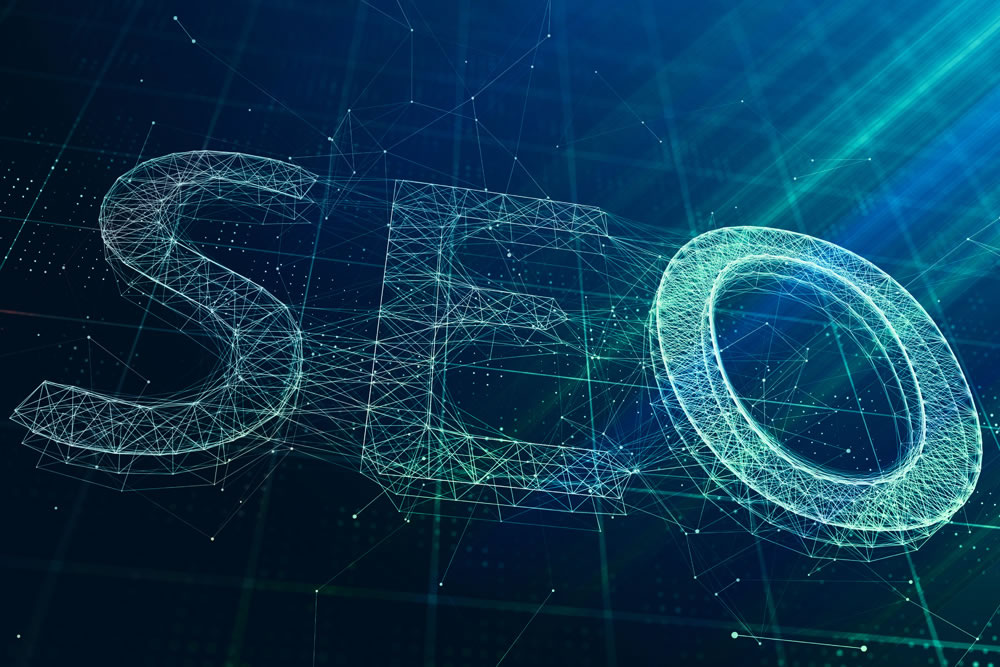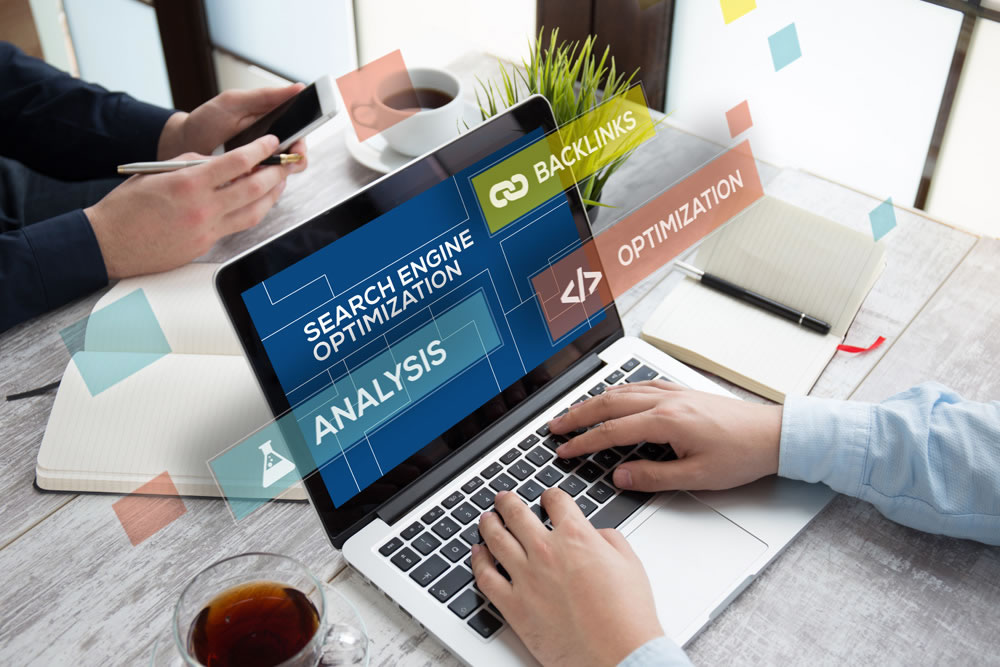Optimising a website involves a significant investment of time and funds. Following this investment, your website should normally be able to attract a large audience and deliver. In other words, it should provide an undeniably excellent return on investment.
The most widely accepted way to ensure that your website attracts web traffic is by outsourcing this project to a digital marketing strategy. The latter regularly consists of professionals of various backgrounds that never cease to be updated on the latest digital marketing and web development techniques that guarantee outstanding results.
The most popular techniques used as a part of a digital marketing strategy are Search Engine Optimisation (SEO) and Pay Per Click (PPC) advertising. Both techniques can be effective, though they incorporate entirely different approaches. This guide will compare SEO to PPC, in order to help you identify which approach is best for your business.
What is Search Engine Optimisation?
Search Engine Optimisation (SEO) is a multidimensional process that works towards the improvement of a website’s visibility, in terms of organic (non-paid) search engine results. When SEO is applied successfully, each time’s website shall rank in a higher position on search engine results pages that match the keywords that its audience appears to be interested in. Arguably, this would lead to a larger amount of visitors towards the website, resulting from search engines like Google and Bing. The primary goals of SEO include the following:
Improving website visibility
That includes actions that will simplify the process that search engines follow in order to identify a website and scan all of the pages that it contains. These steps are composed on both technical changes on the website and the submission of information about it on various search engines.
Helping search engines understand the content that each page contains
SEO’s use emphasises on to making it easier for search engines to understand the content of every single page of a website. This technique requires the use of meta data that describes each web page, as much as adding informative tags on images (meta descriptions) and including headings (meta titles) on every page. Following having gained a better understanding of what is included on every page, a search engine will be able to index each page more effectively and rank it for all appropriate keywords in a more effective manner.
Improve rankings for specific keywords
SEO involves identifying specific keywords that you wish your website will rank high for, optimising the existing pages and creating new ones, both of which will aim at achieving the aforementioned high ranking. SEO campaigns also involve link building, in which various techniques are being used to create external links (backlinks) that point to your website. Backlinks will help your website’s pages rank higher up for specific keywords.
Website speed optimisation
The speed of your website may impact how well it ranks on search engines. SEO often involves technical changes and tweaks that will make it more responsive and reliable.
Improving link equity
Search engines use the amount of links that lead to a certain website and the ones are included in it and direct towards third-party websites, in order to determine its value and reliability. These factors will play a major role in identifying how well each page ranks in the search engine results pages (SERP). SEO specialists may change the amount and positioning of links on a website, so as to improve search engine rankings. This might include changes to menu systems, altering external links and adding or removing internal links. Link building campaigns will be used to attract links from third-party sources.

Advantages of using SEO
- Once you achieve a high ranking, the website traffic you will receive is going to be free or very low cost, signifying an incredibly high return on investment)
- Websites that rank higher come across as more reliable to users, as the latter consider Google to be particularly trustworthy
- Your brand awareness will drastically improve
- It tends to mostly attract high quality traffic, that is more likely to convert into sales
- SEO usually leads to a significant increase in sales, or at least sales leads
- Top SEO rankings are synonymous with an incessant promotion of your website
- SEO consists a viable long-term strategy with lasting results
- A high listing on search engine results can often deliver more clicks than paid ads
- Many customers often prefer to use search engine results to identify the right business that corresponds to their needs
- It is quite simple to measure the results that SEO will deliver
- Your competitors are doing it – potentially covering a large share of your target customers
- SEO provides access to customer data through website analytics, including their location, age, and browsing device, information which can be very useful for various marketing activities
- SEO can also improve offline sales
- If done right, SEO will even help beat large brands on a small budget
- It increases the value of your business, as high search rankings tend to be perceived as quite valuable
- SEO can make your brand become an authority in its niche
Disadvantages of using SEO
- It can consume a significant amount of time to improve rankings
- While the ROI can be exceptional, it may take a long time to achieve
- Certain keywords are extremely difficult to rank for, as the competition is often quite saturated
- Search engines often change their rules, which can suddenly affect your rankings
- SEO requires a large investment, if it comes to a highly competitive niche
- As results are never guaranteed, your business may never rank on the first page for certain keywords
- Risk of being penalised if a search engine believes you are operating unethically
- Changes need to be applied whenever search engines update their algorithm
What is Pay Per Click advertising?
Pay per click is a form of advertising where a fee is paid every time an advertisement is clicked. It is a way of “buying” visitors for your website, rather than earning them “organically” through techniques like SEO.
The most popular form of PPC advertising programs are offered by search engines like Google. When using Google’s platform, you can bid for an ad placement on their search results pages or other people’s websites for specific keywords. If your bid is high enough, your advertisement will be displayed and you will have to pay Google each time a user clicks on it.
For example, you might place a bid of €1 on a phrase like “hotel bookings London”. If your bid is high enough, it will appear on Google’s search engine results page when users search for “hotel bookings London”. If, for instance, a person that clicks on your advertisement ends up booking a €200/night room, that means a significant return on investment has been achieved.

Advantages of PPC
- You can reliably obtain a position on the front page of search engines
- PPC campaigns come into effect immediately
- PPC only costs you money when a user clicks on an advertisement
- Great for short-term campaigns that target specific keywords
- Great return on investment, if well targeted
- Can be used to target users that have previously shown interest in a brand
- PPC’s results and return on investment are easy to measure and track
- You have complete control over how much you spend and can make adjustments quickly
- PPC can perform well with other forms of digital marketing
- You can precisely target a specific demographic
- PPC provides with useful marketing insights
- PPC is budget-friendly
- Your brand will not be dependent on search engines’ algorithms
- It is excellent for targeting local customers
Disadvantages of PPC
- Running a PPC campaign correctly is complex and somewhat time-consuming
- The costs of PPC are ongoing
- PPC often has a lower ROI than other types of digital marketing (like SEO)
- Very expensive to use PPC, when keyword competition is intense
- Clicks and visits often do not convert to sales
- Some users use ad-blocking software that makes ads disappear
- Users tend to be skeptical about advertisements
Should I use SEO or PPC?
Both SEO and PPC are very effective techniques for the promotion of any website. Many brands deduce that using a combination of the above is what will deliver the best possible. For example, your brand could:
Use SEO for keywords that are easy to rank for, while using PPC for more complex keywords where competition is high.
Use PPC following the launching of a new business, then switch to SEO once it has been established.
Use PPC to target a very specific segment of consumers, while using SEO to target the general public.
Combining the two techniques in this manner will ensure that your website will always have a steady stream of visitors — which signifies a stable leads and sales volume.
Thank you for reading our insights on Search Engine Optimisation (SEO) and Pay Per Click (PPC). To learn more about those topics and find out what will work best for your business, do not hesitate to contact us!




